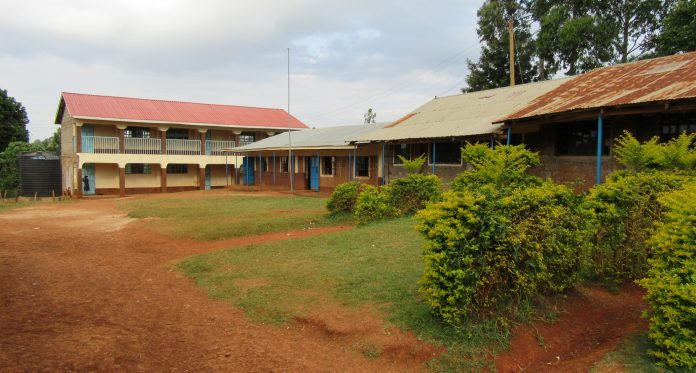BY KNA’s Hamdi Mohamud
The Ministry of Education in partnership with UNESCO and Huawei has unveiled an assessment report on the impacts of a pilot project on internet connectivity to selected schools in collaboration with the ICT Authority in 2021.
The report found that the Internet has enhanced access to and equality of, education for learners in rural areas, particularly girls and those with disabilities.
According to the report, 98% of learners indicated that the internet met their needs, while schools reported to have saved Sh120, 000 for mobile data bundles.
Furthermore, 84% of learners said that the Internet makes learning more exciting, 71% said it makes complex ideas easier to understand, 54% said it makes learning more engaging, 23% said it makes learning more fun, and 13% said it increases class attendance.
ICT Authority Director Mr. Joshua Opondo emphasized, “The government has already completed a detailed plan for expanding fiber connectivity across the country with schools intended to be a primary beneficiary of the program.
“We have already connected several hospitals, universities, and TVETs to our NOFBI network. This report is a clear indication that we are right to allocate resources and urgently prioritize its expansion to enhance learning in all schools.”
In her remarks, Mrs. Maureen Mwaniki of Huawei Kenya representing the Deputy CEO noted that “Huawei has spent 25 years helping build networks connecting mobile devices, homes, and government offices across the country, and this report shows how important it is for schools not to be left behind so as to prepare learners for their future careers in a digital economy; we will continue to work with the government and UN partners to ensure more Kenyans are connected and possess digital skills.”
UNESCO’s Chief for Education in charge of East Africa, Mamadou Lamine’s remarks focused on how the internet could contribute to Sustainable Development Goal 4 and ensure that no learner is left behind.
“The schools that benefited from this project were drawn from all parts of the country, and I am delighted to see that girls used the internet as much as boys and that 70% of learners were using the internet to enhance their Science, Technology, Engineering, and Math (STEM) related lessons which are critical to the future growth of this country,” he said.
At the event, the winners of the Digischool Creative Competition were given awards. The competition challenged learners to reflect on the impact of the internet on their education and then submit either a drawing, essay, or video, depending on their age, to express this, 31 learners were provided with tablets and smartwatches.
Amatu Primary School, Meru County, won the category for outstanding school from the effort of their students and were given 3 tablets and a printer.
Dr. Belio was joined at the event by the Internet connectivity to school project partners including ICT Authority Director Joshua Opondo, Huawei Kenya Representative Maureen Mwaniki, UNESCO Multi-sectoral Regional Office for Eastern Africa Chief for Education, Mamadou Lamine Sow, and Kenya National Commission for UNESCO Secretary-General Dr. James Njogu.

